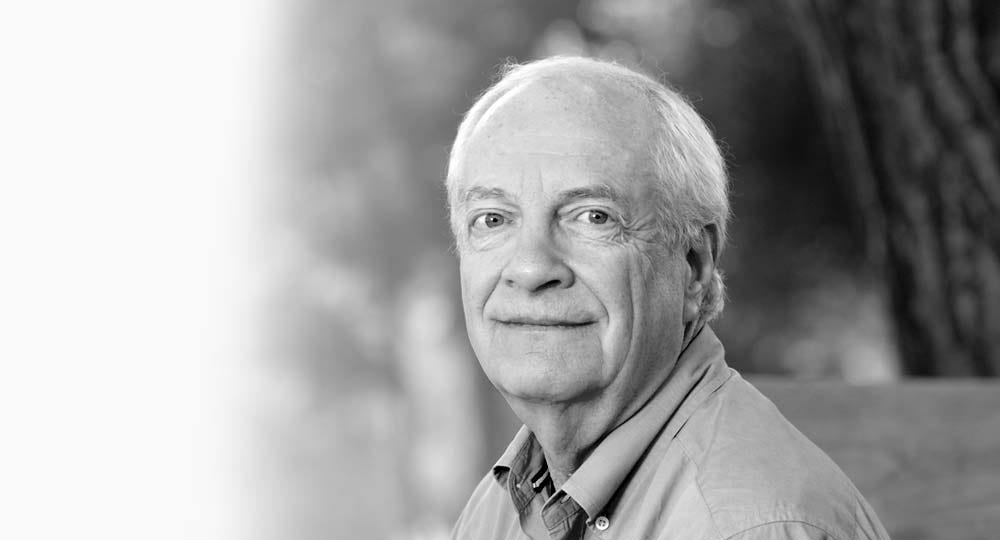Listen to our conversation:
I’m so happy to bring you my interview with Allan Horwitz as part of our Experts on Recovery series. Allan is one of my heros. He’s a distinguished professor emeritus at Rutgers University and the leading expert in the sociology of mental health and illness. He’s authored many books, including DSM: A History of Psychiatry’s Bible, Creating Mental Illness, Anxiety: A Short History, and The Loss of Sadness: How Psychiatry Transformed Normal Sorrow into Depressive Disorder.
His work uncovers why we’ve come to medicalize the human experience and how that has created a broken mental health system. He has been elected Chair of the Mental Health Section of the American Sociological Association and the Psychiatric Sociology Section of the Society for the Study of Social Problems.
Please enjoy!
Help bring mental health recovery to everyone. Each subscription and share sends a message to the media and mental health professionals that we want to hear more about recovery.
Read all available chapters of Cured.




Thank you Sarah for being here. Though I’ve never had to deal with a daunting mental health diagnosis, I have had my own challenges. I have considered the allure of nothingness. That was long ago when I was in my early 20s. It was writing that saved my life. I love the simple, one word title of your book: “Cured.” I relate.
I recently received a private message of concern from an old friend (who once led laughter sessions for dementia patients in Santa Barbara, a good soul). After reading my chapter entitled “Love is a Mad Dog from Hell” he gently entreated me to move on from my childhood. “Put your past into the past where it belongs,” he’d written. I’d like to share my reply, in part:
“Dear sweet man,
Your kindness is palpable... and your advice is well taken. What's so gratifying about this latest creative effort of mine on Substack, is that at this point in my life, and for the many years since I wrote my memoir, it's become clear to me that I have, in fact, freed myself from that history.
My friend Daniella says she sits down to write and opens a vein. I’m an artist. I never thought of myself as a writer, but I was compelled to write my story, take back my narrative. Writing is what enabled me to untangle it, to move on. People often want to skip the hard, painful part. I can understand why. But there is no moving on until you come to terms with your past or, on a certain unconscious level, it just sits there and ferments. Ernest Hemingway said, “Write hard and clear about what hurts.” Writing it saved my life.
At this stage, I'm so much more aware of what's going on for those around me. More empathy, more compassion, more appreciation for the light lasting longer, and the explosion of crocus coming up through the snow. When I was younger, I was consumed by my own difficult experience. I’m no longer drinking water from a fire hose.
Recently, a subscriber asked me how she could find forgiveness for her own childhood. She was so tired of being angry. And I said, I've come to the conclusion that if we really want to feel forgiveness, and we don't keep running away from the pain, eventually forgiveness comes. It can take a very long time. But if that’s what we really want and we stay with it, it comes. I consider it a kind of grace.
My life now is good, great, in fact. My Substack is about sharing the story of how that life got itself worked out (adding graphics, videos, animation and hard-earned perspective.) There are fathers out there; there are daughters out there. I’m reminded of the lyric in a John Mayer song, “You are the God and the weight of her world. So fathers, be good to your daughters.”
So interesting, Sarah. Freud definitely also came form a medical model indeed. His student Jung had departed more from it and I have found his depth psychology but even more so Kierkegaards depth psychology the most helpful in my practice. None of that would be even considered clinical work today. Another of my hero’s is The German psychiatrist Karl Jaspers, much influenced by Kierkegaard. He was able to reconcile the medical and the psychological but is pretty unknown in the American mental health system of today. Great interview. Great and needed work. Keep going!